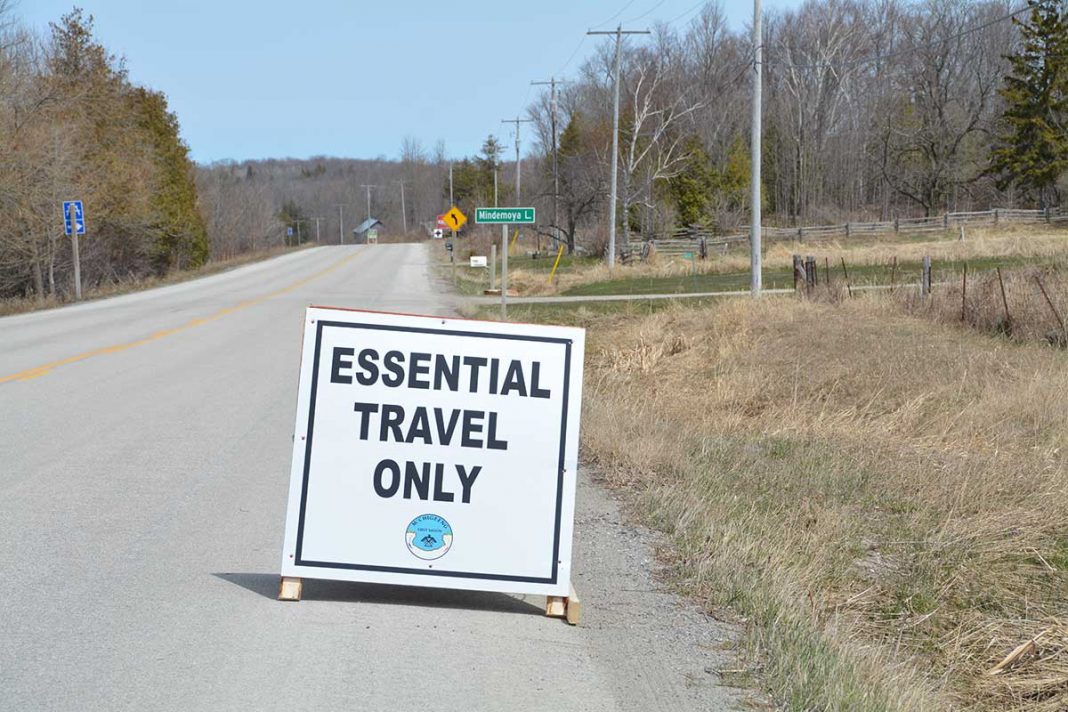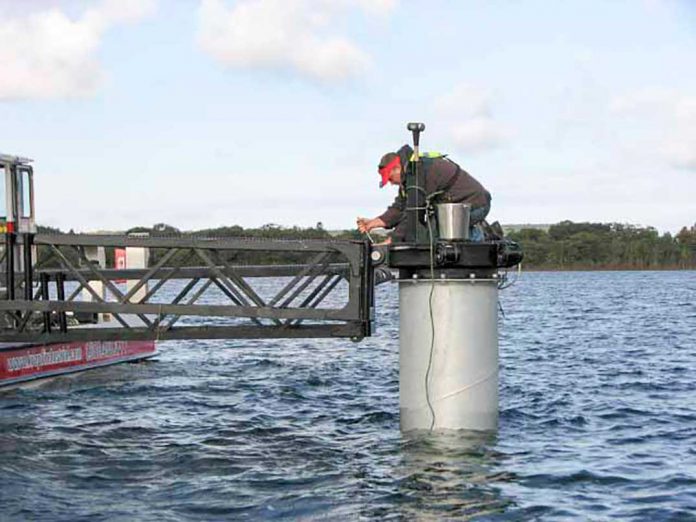M’CHIGEENG—On Monday, M’Chigeeng First Nation announced that due to the current low risk of COVID-19 in the Manitoulin-Sudbury District, the highway checkpoints will be decommissioned as early as end-of-day today, Monday, June 8. The community will move to close side roads, as has been done in other Manitoulin First Nations such as Sheguiandah, Whitefish River and Aundeck Omni Kaning.
“Please be advised that on June 4, my council approved the recommendations from our Emergency Operations Group and Non-Essential Travel Ban Advisory Group to move towards a (checkpoint) decommissioning strategy,” an email from M’Chigeeng Ogimaa-kwe Linda Debassige to Manitoulin’s leadership reads. “The strategy was finalized on Sunday and provided to council.”
“My council approved to move forward and the decommissioning process has been commenced,” the email continued. “We anticipate by the end of the day today (Monday, June 8) the checkpoints will be decommissioned and we will be transitioning into a side road closure as our borders remain closed, however, with some easement of restrictions. We are asking that those who have obtained essential travel passes to keep them in the event the checkpoints are required and we move into a non-essential travel ban again. which is part of our level of activation threshold.”
The ogimaa-kwe went on to note that M’Chigeeng First Nation remains under a state of emergency.
For those with property on leased land in M’Chigeeng, the ogimaa-kwe had the following to say: “In relation to the approximate 700 plus seasonal residents that attend the First Nation, the council is maintaining the position that these individuals stay where they are rostered. This position of council supports the messaging from public health and is supported by M’Chigeeng’s health services department and local physicians. M’Chigeeng does not have a database of individuals who have buckshee lease agreements with a certificate of possession holders on reserve; these non-residents do not pay any type of fee to the First Nation to reside here either permanently or seasonally. Therefore, if in the event of an outbreak, contact tracing would be impossible. There is more work to be completed in relation to cottagers as part of the reopening strategy.”





